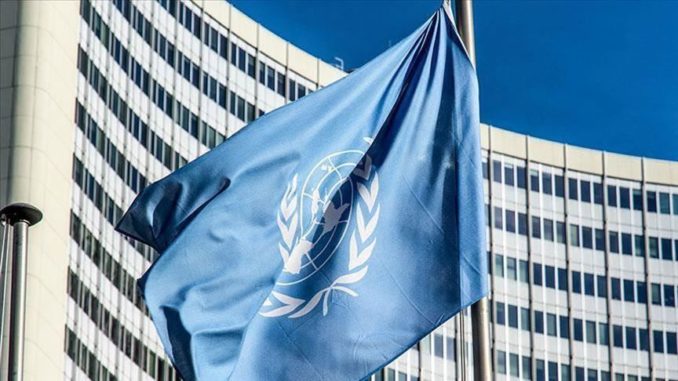
Indigenous peoples live across 90 countries with an estimated population of 370 million, said the UN on Friday on the occasion of International Day of the World’s Indigenous Peoples.
They make up “less than 5% of the world’s population, but account for 15% of the poorest,” noted the UN.
In order to raise awareness of the needs of these groups, this special day is celebrated annually on Aug. 9, since the first meeting of the UN Working Group on Indigenous Populations, held in Geneva in 1982.
This year, the UN focused on the theme of “Indigenous Peoples’ Languages”, by highlighting the contributions of the indigenous peoples to the world’s linguistic diversity, honoring the “International Year of Indigenous Languages”.
Languages play a significant role in the daily lives of people and are essential in the areas of “human rights protection, peace building and sustainable development, through ensuring cultural diversity and intercultural dialogue,” according to the UN.
“Around 5,000 of the 7,000 languages spoken in the world are indigenous, and most of the world’s 2,680 endangered languages are indigenous”, said the EU in a statement.
“Indigenous languages are disappearing at an alarming rate, each one taking with it a cultural and intellectual heritage. We must protect languages under threat of extinction. #IndigenousDay,” the UN Secretary General Antonio Guterres said on Twitter.
As a response to these threats, the United Nations General Assembly (UNGA) adopted a Resolution on “Rights of Indigenous Peoples”, and proclaimed this year as the “International Year of Indigenous Languages,” said the UN on its website.
The UN added that the indigenous peoples have sought “recognition of their identities, their way of life and their right to traditional lands, territories and natural resources” for years, but their rights have always been violated.
Stressing that they are one of the “most disadvantaged and vulnerable groups”, the UN urged the international community to take special measures to protect their rights and maintain their distinct cultures.
BY ANADOLU AGENCY
